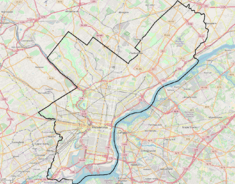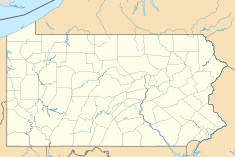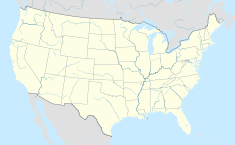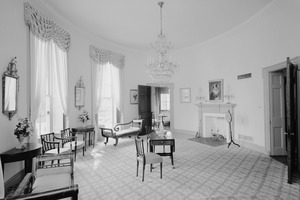Lemon Hill facts for kids
|
Fairmount Park, Lemon Hill
|
|
|
U.S. Historic district
Contributing property |
|
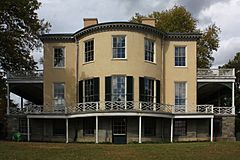
Rear elevation with oval wall
|
|
| Location | Philadelphia, Pennsylvania |
|---|---|
| Built | c. 1800 |
| Architect | Henry Pratt |
| Architectural style | Federal |
| NRHP reference No. | 72001151 |
Quick facts for kids Significant dates |
|
| Designated CP | February 7, 1972 |
Lemon Hill is a beautiful old house in Fairmount Park, Philadelphia. It was built around 1799 to 1800 by a merchant named Henry Pratt. The house got its name because Henry Pratt grew citrus fruits, like lemons, on the property.
Contents
History of Lemon Hill Mansion
How Lemon Hill Became a Home
The land where Lemon Hill stands was once part of a much larger estate. This estate belonged to Robert Morris. In 1799, Henry Pratt bought 43 acres of this land. He bought it because Robert Morris had money problems.
Henry Pratt designed the house himself. He also oversaw its construction. Even though he built Lemon Hill, it wasn't his main home. He lived mostly in a townhouse in the city.
Special Features of the Mansion
Lemon Hill is located on a hill. From there, you can see the Schuylkill River and Boathouse Row. The house has some very cool parts. It has three oval-shaped rooms, one on top of the other. These rooms even have curved fireplaces and doors.
Henry Pratt also designed the gardens around the house. He made them in the English landscape garden style. He also added to a greenhouse that was already there. He even let the public visit the grounds for a small fee.
Lemon Hill Joins Fairmount Park
The City of Philadelphia started buying land along the Schuylkill River. They did this to protect their water supply. Lemon Hill was the first property they bought in 1844. It became part of the new Fairmount Park in 1855.
Later, in the late 1800s, the mansion was used as a restaurant. During this time, some changes were made to its outside. A Victorian-style porch made of cast-iron was added.
Restoring the Mansion's Original Look
From 1926 to 1955, the house was a home again. It was lived in by Fiske Kimball and his wife Marie Goebel Kimball. Fiske Kimball was the first director of the Philadelphia Museum of Art. Both of them were experts in architecture history. They worked to make Lemon Hill look like it did in 1800.
For a long time, people thought Robert Morris had built the mansion. But in 2005, some old letters from Henry Pratt were found. These letters showed that Pratt was both the designer and the builder. Tax records also proved that the mansion didn't exist when Pratt bought the land.
Lemon Hill Today
Lemon Hill was added to the National Register of Historic Places on February 7, 1972. This means it's an important historical site.
Since 1957, Lemon Hill Mansion has been a house museum. It is managed by the Colonial Dames of America and the Friends of Lemon Hill. In 2007, work was done to clear trees around the house. This brought back the original beautiful views of and from the mansion. The Fairmount Park Conservancy has been taking care of the house since 2016.
See also
 | Bayard Rustin |
 | Jeannette Carter |
 | Jeremiah A. Brown |


